Anthropology at UNBC is committed to offering learning experiences that allow students to have practical training to develop skills and apply the ideas learned in the classroom in community-engaged practice.
Students are involved in rigorous training in research methods, learning valuable research skills as they participate in and conduct anthropological and archaeological field work with community partners concerning critical social and scientific issues. “Learning in the field” allows students to engage and reflect on their roles as learners and advocates, while at the same time, they gain a deeper understanding of the complex ways that these issues shape and influence community.
Students engage in collaborative, creative problem-solving and critical thinking as they develop new skills, gain richer comprehension and knowledge of how their studies applies to the world in and beyond the university.
The benefits to students are numerous: reflection; self-awareness; resilience and ability to adapt to new and different situations; increased confidence and competence, etc.
We offer innovative experiential learning in multiple ways: through our Anthropology Field School courses (in Archaeology and Social/Cultural Anthropology); the Anthropology Capstone course and publication of the online Capstone reader; and the Body Modifications Travelling Museum Exhibition (developed out of the ANTH 303 Museums, Galleries, Archives course).
Field schools
Anthropology at UNBC regularly offers students the opportunity to participate in field schools.
The Archaeological Field School has been running for 25 years, carrying out archaeological survey and excavation in coastal, interior and northeastern British Columbia. This exceptional training has resulted in many former field school students being hired to work in Archaeological Cultural Resource Management companies.
Please take a look at the latest archaeological field school video:
Tse'K'wa -12,500 Years Old - UNBC Archaeology Field School
Upcoming field schools
Stay tuned! We will be offering an archaeological field school in Spring/Summer 2026.
Past field schools
Archaeology field schools
Tse'K'wa-Charlie Lake (Fort St. John), British Columbia 2024
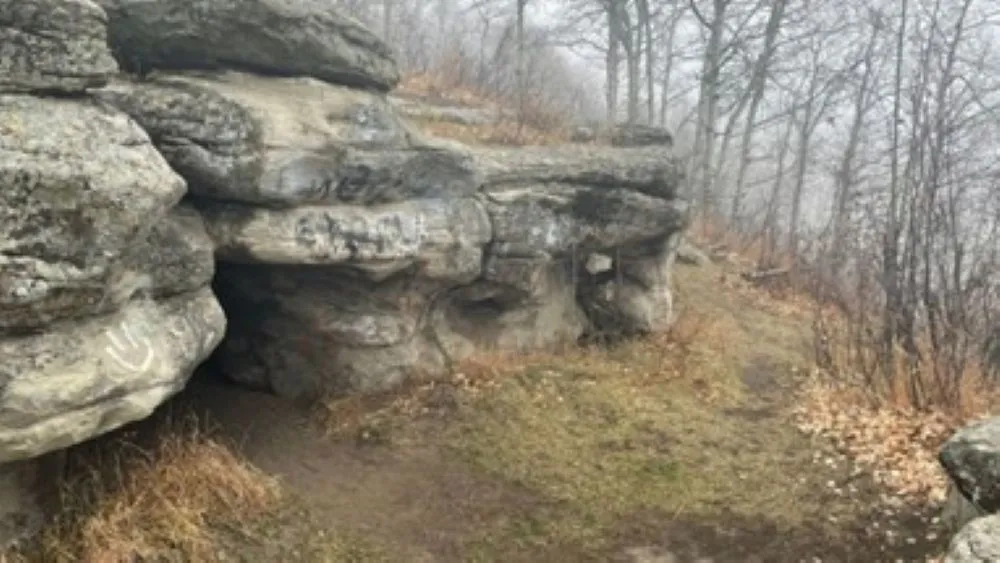
Tse’K’wa 2024
The UNBC Department of Anthropology and the Tse’K’wa Heritage Society are pleased to offer an archaeology field school during the summer of 2024, subject to sufficient enrollment. This 9-credit field school takes place at Tse’K’wa (“Stone House”), also known as Charlie Lake Cave, located in Treaty 8, Traditional Territory of the Dane-zaa First Nations Peoples. This community engaged project is conducted in partnership with the Tse’K’wa Heritage Society (Doig River First Nation, Prophet River First Nation, and West Moberly First Nations).
Read more
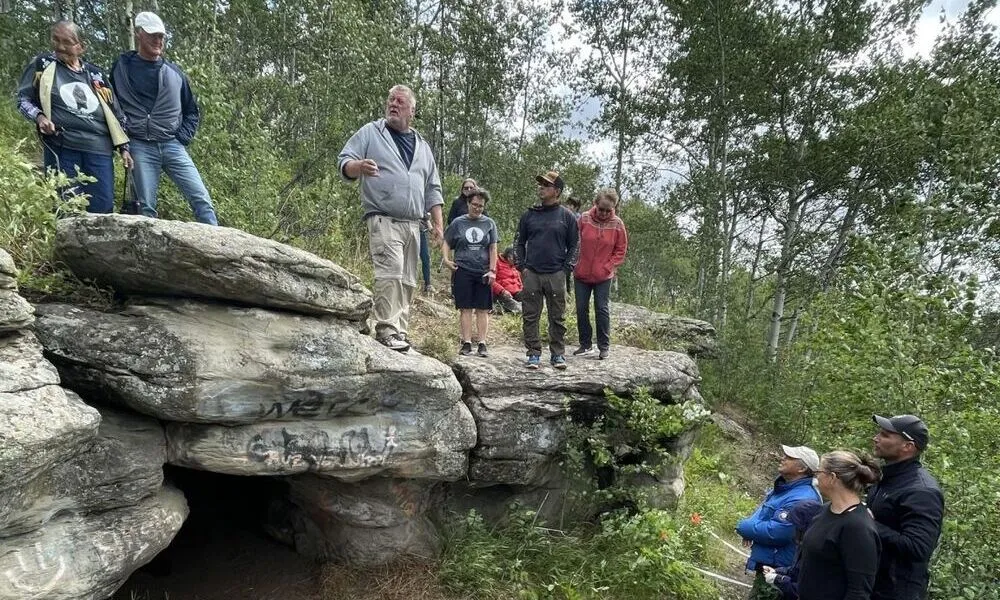
Tse’K’wa 2022
The UNBC Department of Anthropology and the Tse’K’wa Heritage Society (http://treaty8.bc.ca/tsekwa/) are pleased to offer an archaeology field school during the summer of 2022, subject to sufficient enrolment. Tse’K’wa (Rock House in Dane-zaa) was previously excavated by archaeologists from SFU, which revealed a very long history of use by Indigenous peoples, dating back to at least 12,500 years, making it one of the oldest known archaeological sites in British Columbia. The site holds a deep cultural and spiritual significance to the Dane-zaa People.
Read more
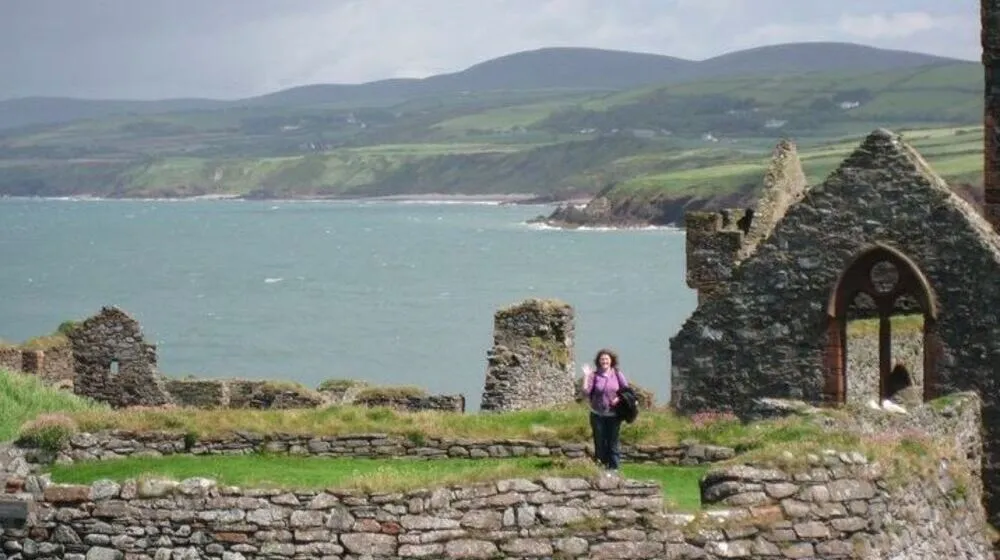
Ireland and the Isle of Man Globalization, Culture and the Politics of Identity in Celtic Europe:
This field school will explore cultural change, the place of heritage and the politics of identity in Ireland and the Isle of Man, two of the most dynamic and intriguing parts of Celtic Europe. Students will spend three weeks in the field, studying the cultural, historical and political forces that are shaping these two countries, as they attempt to find balance between "preserving" the past and promoting the globalized future. We explore the dynamic cultural and political transformation of this complex and fascinating part of the world.
Read More
Birch Bark Canoe School (April 23 to May 18, 2018)
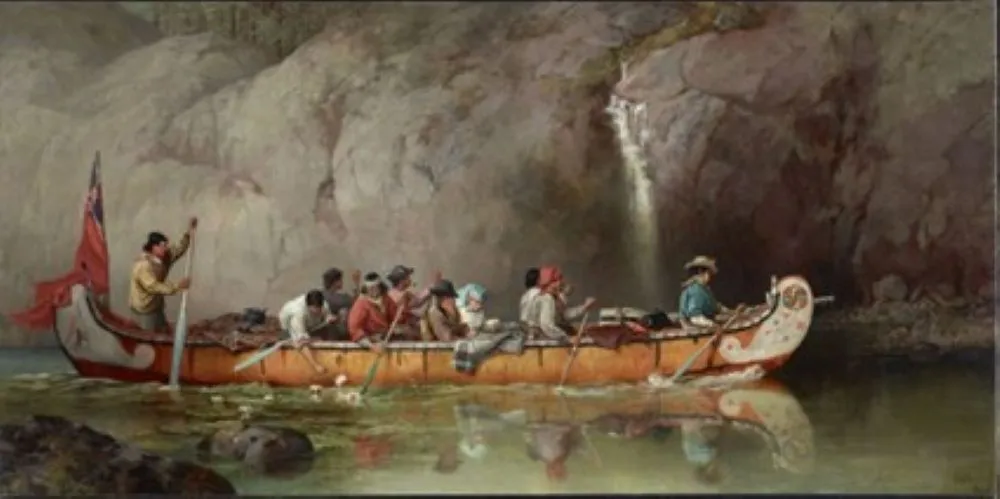
In this field school, students take two in-class courses. One course examines the history of the continental Canadien and Métis community, including the 19th century history of Prince George and northern British Columbia as it ties into a larger regional and continental history. The second course, under the direction of a Métis elder, explores the culture and traditions of the contemporary Métis community, including the Métis experience of canoe building. In the third course, a Métis elder guides students in the hands-on experience of building a birch bark canoe.
Read more
Anthropology Capstone and Online Reader
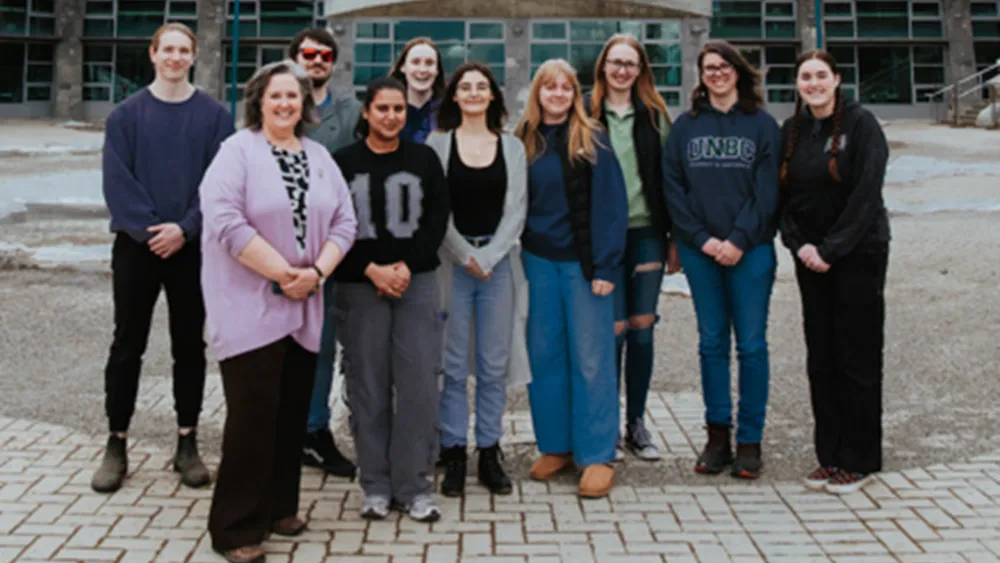
Experiential practice and learning take place in our classrooms. Our ANTH 460 Capstone course (Dr. Angèle Smith) is innovative in our Faculty (FISSSH). In the 4th year, we have an integrated Capstone course for all majors across all sub-fields.
Read More
Travelling Museum Exhibition - “Piercing: from Paris to the Pacific Northwest”
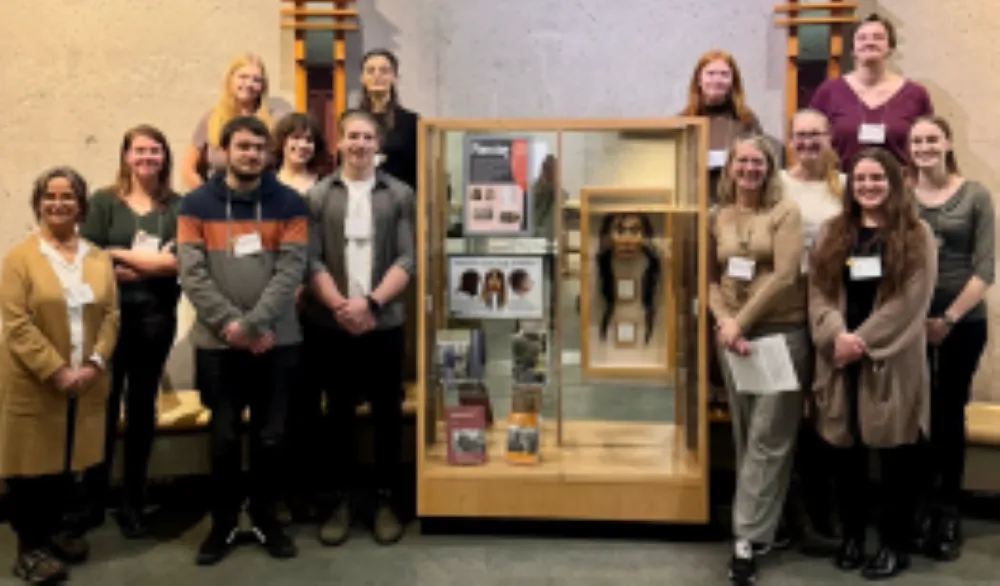
Experiential practice and learning take place in our classrooms. The ongoing Travelling Museum Exhibition “Piercing from Paris to the Pacific Northwest” began as part of the ANTH 303 Museums, Galleries, and Archives course (Dr. Shauna LaTosky). Students gained archival research practices, team building skills, and hands-on experience of many aspects of museum curation and the creation of gallery displays while practicing audience/ indigenous community engagement.
Read more